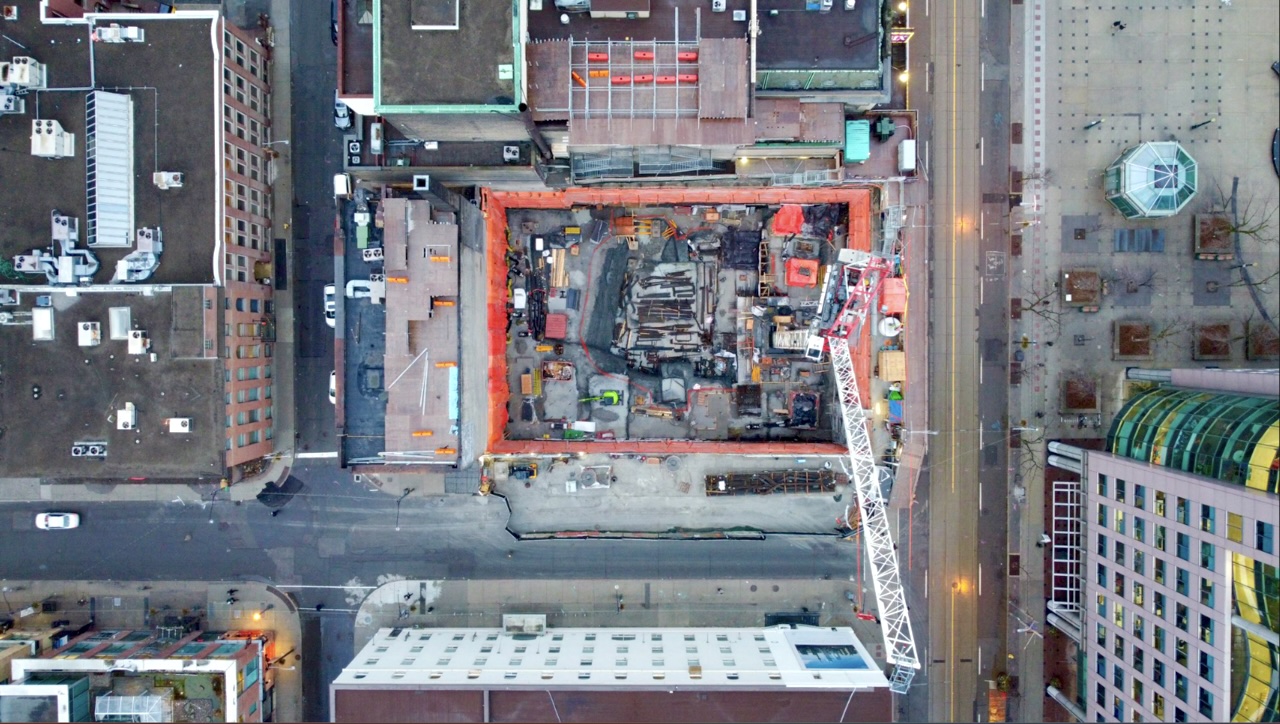We have a dedicated thread for discussing zoning reforms, which is really where this discussion belongs, rather than in this thread:
On Corner Stores (zoning change) and the bizarre fears of some, a good column from Ed Kennan in The Star: https://www.thestar.com/opinion/star-columnists/why-can-t-toronto-have-nice-things-ask-the-people-who-won-t-let-neighbourhoods/article_e995e406-bee5-11ef-89fe-af01f0a4934e.html

urbantoronto.ca
It's 104 pages of thoughts (and actual changes) to zoning in the GTA.
I don't expect you to back and read the whole thing, but maybe see if you get through the last dozen pages.......
At that point, I'm happy to examine different changes that could be made.
****
For now, just to provide a short, but admittedly over-simplified answer, the typical zoning change is now moving through the City system in under 4 months. Some still take longer, not counting those appealed to OLT.
So overall, at that level, I would say, there isn't that much to be done, that much faster.
But there are things that could be made as-of-right, so you skip zoning; but lots of progress has been made on that file as well.
Site Plans tend to take too long in Toronto still.....but that's not so much a zoning reform........and is quite the lengthy discussion.
It's worth saying, the best prepared developers and teams see their stuff move pretty quickly, most of the time..........poorly thought out/rushed proposals often need considerable rework and resubmission.
